Zzz...........
The Importance of Zleep
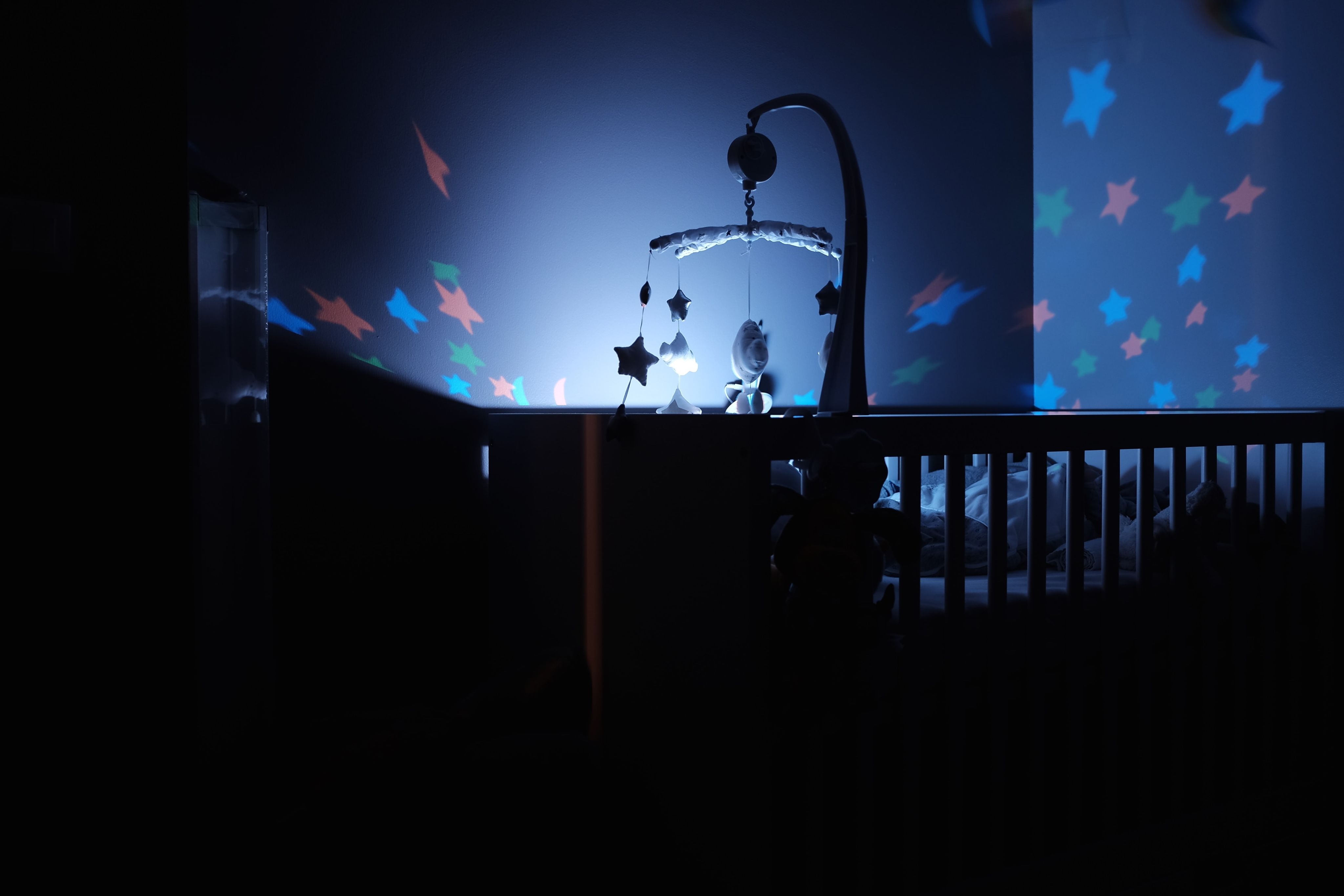
It’s past midnight, and it’s time to sleep but…
You have a lot of work to finish before the next day – you stay up to complete the assignments.
Your want to play games late at night with your friends – you stay up to enjoy some temporary fun.
You do not feel like going to sleep – you stay up to watch some Netflix and do other activities.
Images from:
Photo by Daniel Chekalov on Unsplash
Photo by Sean Do on Unsplash


You sacrifice sleep to do whatever you want or need to do.
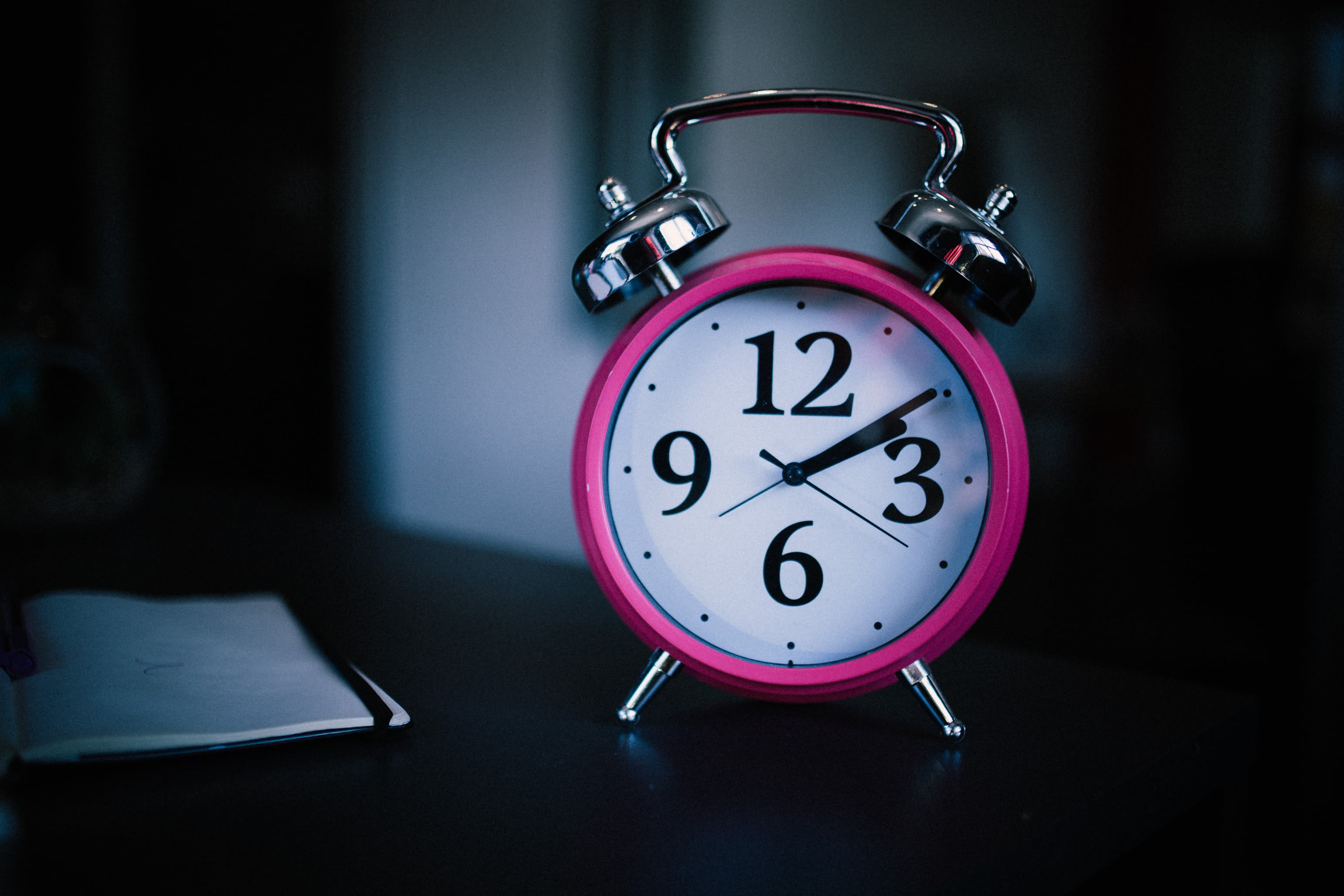
You're not the only one who does that...
35% of all adults in the U.S. report sleeping for less than seven hours per night on average (NSF 2021)
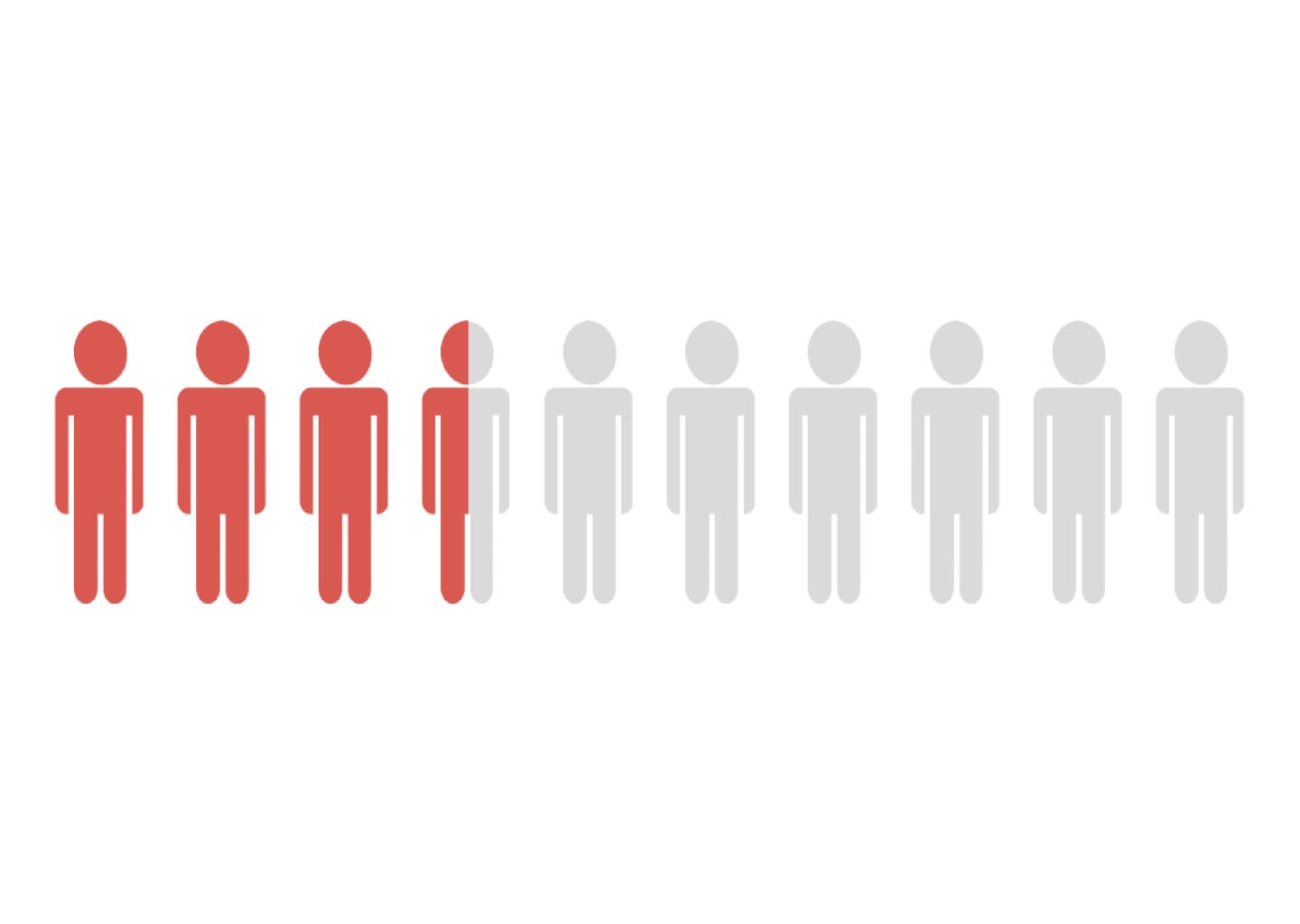
Source: NCAA
The average American adult reports about two nights of insufficient sleep per week (NCAA n.d.)
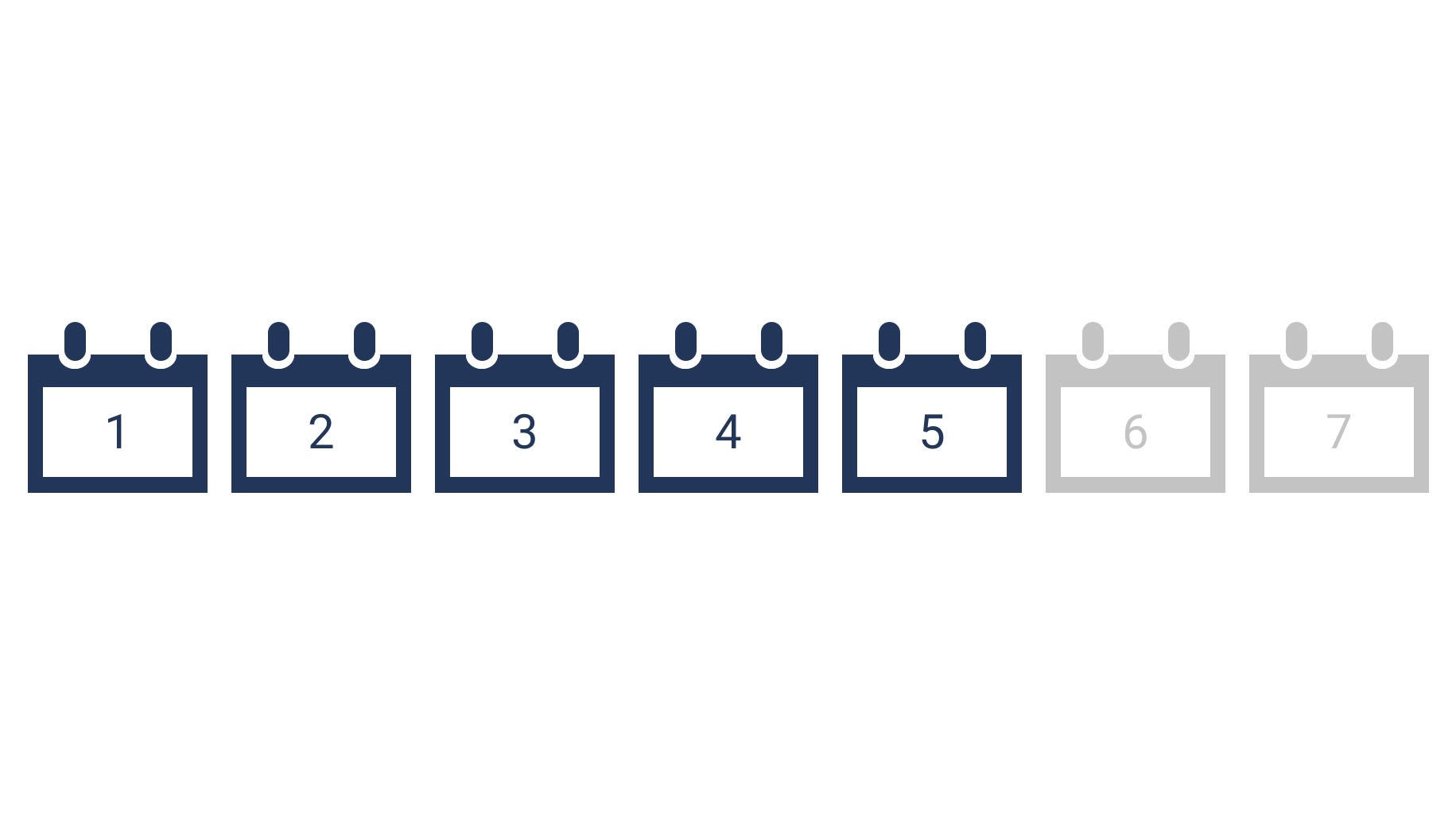
Source: NCBI
Just like you eat and breathe, you need sleep to help “heal itself” and “restore its chemical balance.” While sleep is essential to our lives, people are not getting enough sleep. So what is considered as getting enough sleep? After thorough research and testing, the National Sleep Foundation discovered that different sleep duration is recommended for each age group based on the RAND/UCLA Appropriateness Method to analyze the data. (Hirshkowitz 2015) The recommended hours of sleep vary for children and adults, but for healthy adults who are 18 years or older, we need between 7 and 9 hours of sleep per night to get the appropriate rest.(Hirshkowitz 2015) Despite the recommendations, people still do not adhere to the guidelines.
After further research, it seems that 46% of total participants within the age group 18-29 reported receiving less than 7 hours of sleep per night. (Jones 2021) This means that almost one out of every two people do not get sufficient sleep. The age group 30 to 49 is not much better with 44%, but we see a decrease in people getting insufficient sleep for 50 years old and older. (Jones 2021)
Source: Gallup
For the same groups of participants, they are asked if they would benefit from getting more sleep regardless of whether they got 7 hours of sleep or not. (Jones 2021) The purpose of this question is to explore whether participants feel like they need more sleep to feel less tired and function better. The group that highest response for getting more sleep would benefit them is 30-49 followed by 18-20. (Jones 2021) Looking at the values of these responses suggests that the participants know that their body feels their need to get more sleep.
Source: Gallup
But how has this changed from the previous decades?
The hours of sleep decreased significantly compared to 1942. (Jones 2021)
Americans currently average 6.8 hours of sleep at night as compared to 7.9 hours of sleep – that's down more than an hour from 1942.
The most evident part from this graph is there are significantly more people getting eight to nine hours of sleep in 1942 than in 2013. We also see that the number of participants who received 5 to 6 hours in 1942 is 11% and 18% less than those in 2013 on average. This means that for every 100 people, there are 29 more people who are getting insufficient sleep when comparing people in 1942 versus in 2013. (Jones 2021)
Source: Gallup
People take sleep for granted. Sleep just seems so automatic – you’re tired, you sleep...
But there are health implications to not getting sufficient sleep.
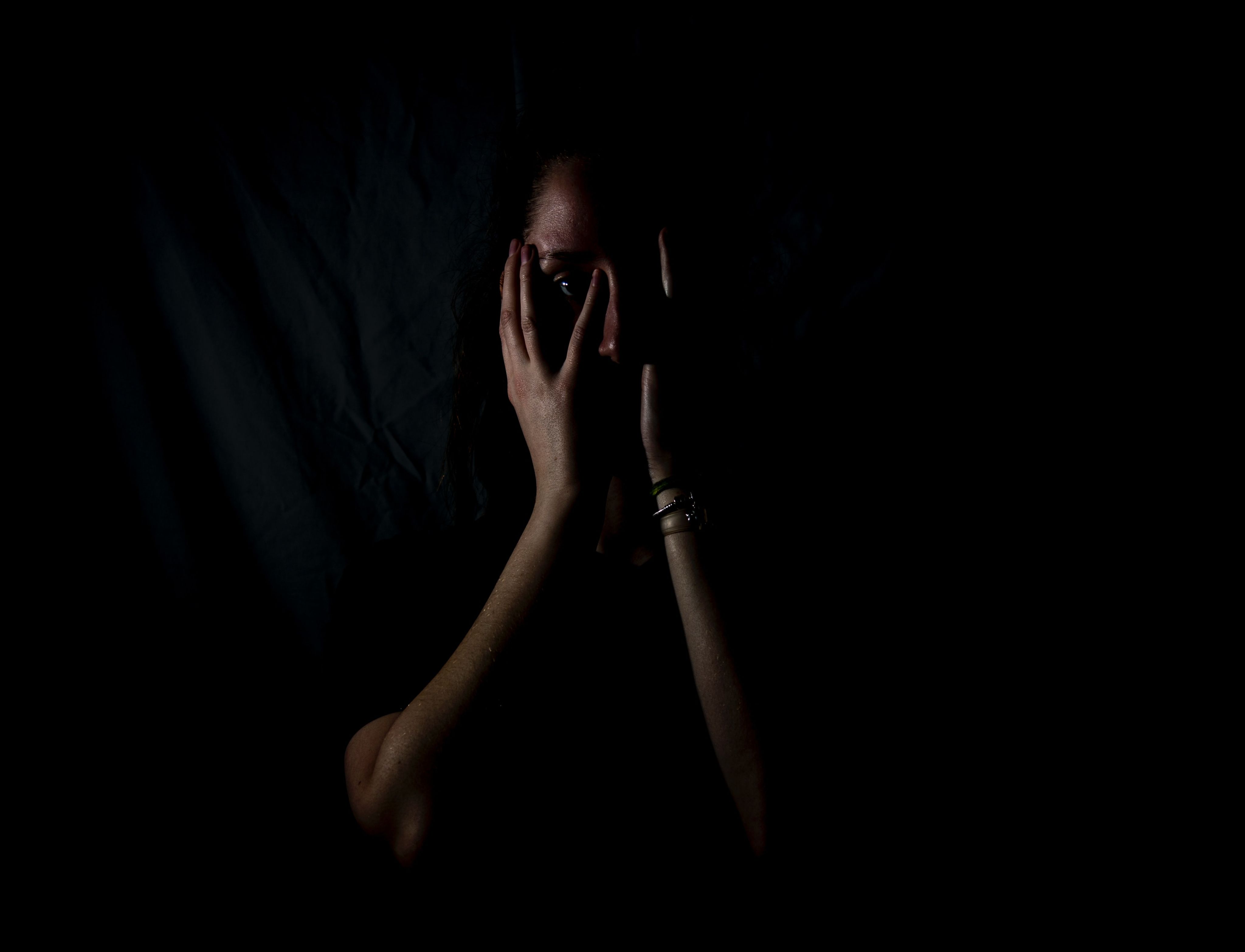
So what happens to your body when you do not get enough sleep?
Since sleep usually reduces blood pressure, getting less sleep can lead to an increased daily average blood pressure. Consequently, high blood pressure increases the risk of chronic diseases such as heart disease and stroke. (Pacheco 2021)
Because sleep allows you to recover your chemical balances, decreased sleep indicates disruption of healing. This will in turn weaken your immune system’s defenses against viruses. (Watson 2021)
The chemical disruption sends various signals to your body and causes it to be off-balance. For instance, you likely overindulge despite having enough to eat. (Watson 2021)
Poor sleep affects the brain, and it can harm both short-term and long-term memory. After all, the lack of sleep prevents you to process information, so you may have trouble learning something new. (UPMC 2018)
Insufficient sleep is also associated with committing more errors in small scales such as work in school, and large scales such as driving. (Pacheco 2021)
There are also reports that people who get less sleep tend to have a lower sex drive, which makes sense since sleep deprivation leads to less production of testosterone and libido. (UPMC 2018)
Another common effect of not getting enough sleep is your skin not recovering as fast. “In one study, people who were sleep-deprived found that their skin wasn’t able to recover as quickly from stressors such as sun exposure." (UPMC 2018)
Photo on Pixabay
Sleep deprivation also increases the risk of chronic diseases.
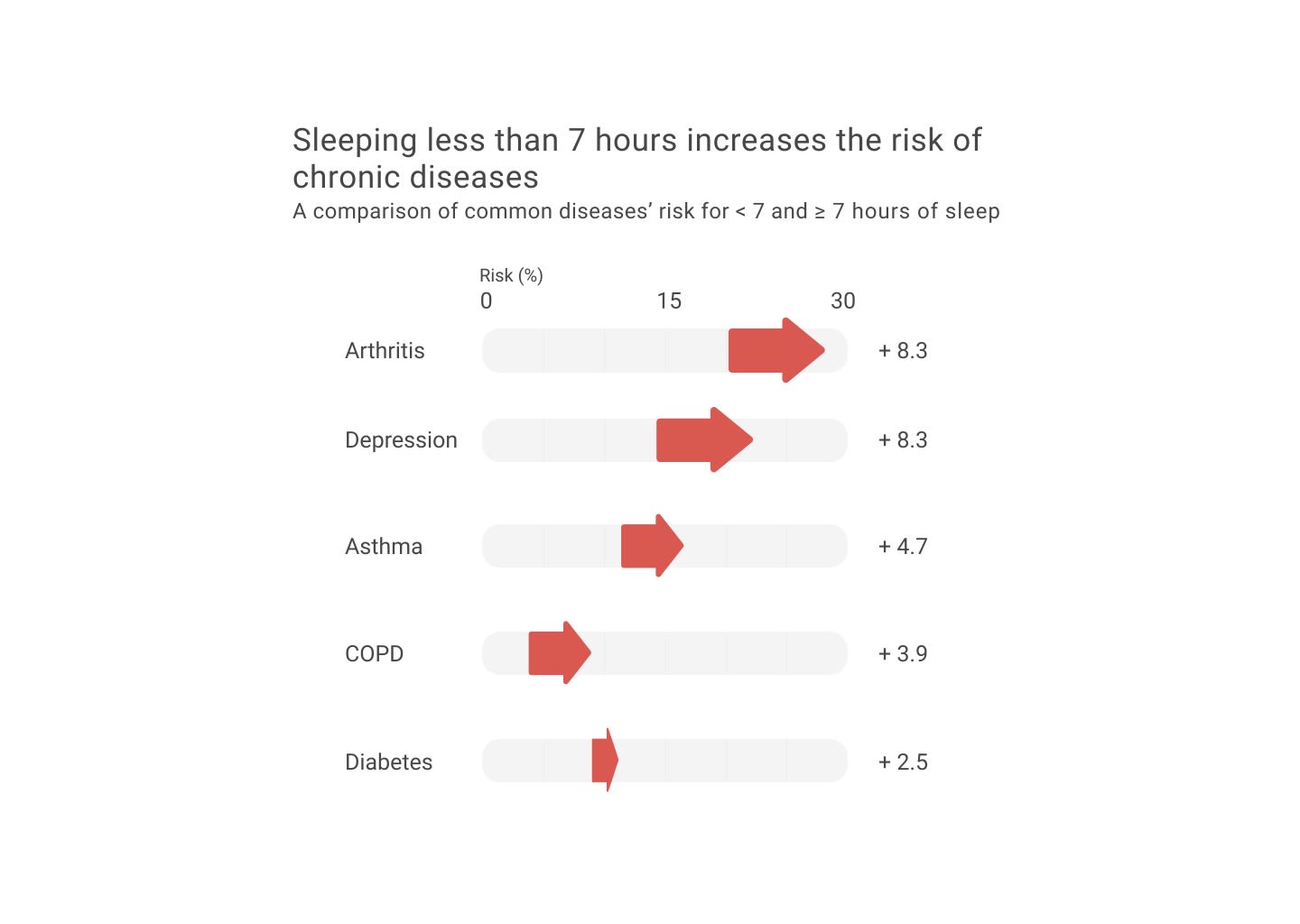
That is simply a list of the top 5 increased risks of chronic diseases. There are plenty more concerning physical health.
What about mental health?
Mental Health Risks
Sleep deprivation can also hinder you from thinking clearly and increases the odds of mental distress.
According to the visualization, the frequency of sleepiness affects what you feel or do. For participants that feel sleepiness five to seven days a week, over half of them reported experiencing irritability. There is such a huge increase in impact for people who feel sleepy on 0-1 days versus 2-4 days. The impact of mood and completing tasks increased by almost double. One thing for sure is that people who feel sleepy on more days seem to have more negative impacts on their daily lives.
According to the CDC, people with inadequate sleep had almost a threefold increased odds of frequent mental distress compared with those who had sufficient sleep. (Blackwelder 2021) Furthermore, insufficient sleep can activate anxiety in people who are already predisposed to anxiety disorders and chronic insomnia. (Suni 2021) Other mental disorders such as seasonal affective disorder can also arise because the lack of sleep interrupts the circadian rhythm and changes their sleep pattern. (Suni 2021)
The worst part of it all is sleep and mental disorders intertwine.
Once you start sleeping less, you may experience mental distress, which in turn causes you to sleep even less.
There is just a vicious cycle that would be difficult to break once you’re trapped.
But what about excessive sleeping?
If it’s every now and then where you sleep in on the weekend, that is totally fine. However, once you start sleeping more than nine hours regularly, the quality of your sleep should be re-evaluated.
“Your body needs deep restorative sleep, and if that is not happening during the recommended 8 hours, your body will instinctively try to prolong the sleep period to obtain the quality of sleep it needs,” says Michele Roberge. (Osmun 2021)
Below is a list of potential risks associated with excessive sleeping from Amerisleep:
- Cognitive impairment
- Depression
- Increased inflammation
- Increased pain
- Impaired fertility
- Higher risk of obesity
- Higher risk of diabetes
- Higher risk of heart disease
- Higher risk of stroke
- Higher all-cause mortality
So what could you do to avoid those health risks?
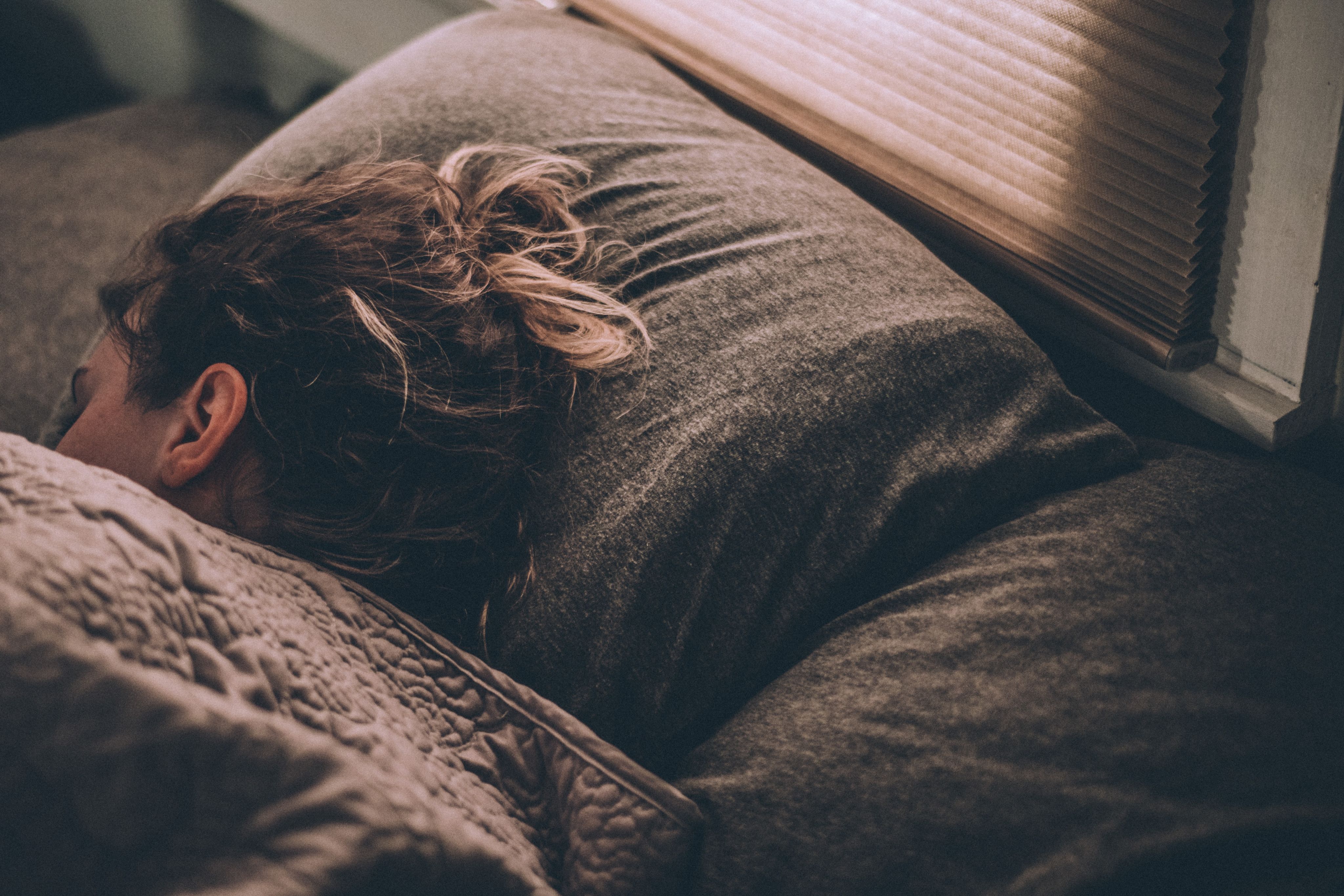
Follow the clock:
- 0 up to 7 is not enough
- 7 up to 9 is the perfect amount
- More than 9 is excessive
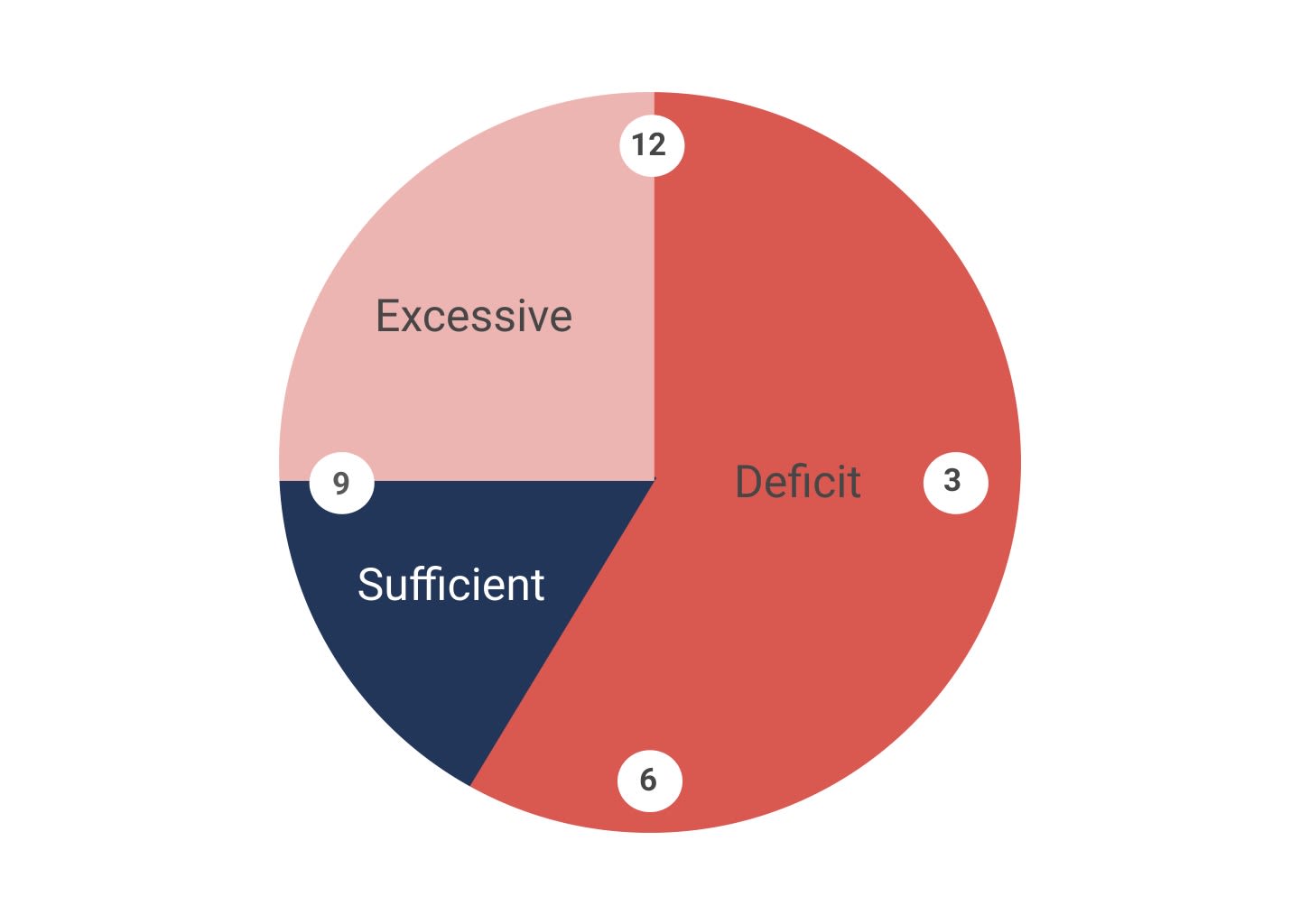
Follow these 6 healthy sleeping habits to mitigate the health risks:
1. Stick to a sleep schedule
2. Pay attention to what you eat and drink
3. Create a restful environment
4. Limit daytime naps
5. Include physical activity in your daily routine
6. Manage worries
Interested in learning more about promoting sleep hygiene? Click below to explore different topics:
Citations
1. “Americans Feel Sleepy 3 Days a Week, with Impacts on ...” Sleep Foundation, 2020, https://www.sleepfoundation.org/wp-content/uploads/2020/03/SIA-2020-Q1-Report.pdf.
2. Blackwelder, Amanda. “Effect of Inadequate Sleep on Frequent Mental Distress.” Centers for Disease Control and Prevention, Centers for Disease Control and Prevention, 17 June 2021, https://www.cdc.gov/pcd/issues/2021/20_0573.htm.
3. “CDC - Data and Statistics - Sleep and Sleep Disorders.” Centers for Disease Control and Prevention, Centers for Disease Control and Prevention, 2 May 2017, https://www.cdc.gov/sleep/data_statistics.html.
4. “How Sleep Loss Affects Your Body.” UPMC HealthBeat, 29 Aug. 2018, https://share.upmc.com/2016/10/sleep-loss-effects/#:~:text=People%20who%20get%20less%20than,for%20heart%20attack%20and%20stroke.
5. Hirshkowitz, Max, et al. “National Sleep Foundation's Sleep Time Duration Recommendations: Methodology and Results Summary.” Sleep Health, U.S. National Library of Medicine, Mar. 2015, https://pubmed.ncbi.nlm.nih.gov/29073412/.
6. Jones, Jeffrey M. “In U.S., 40% Get Less than Recommended Amount of Sleep.” Gallup.com, Gallup, 4 June 2021, https://news.gallup.com/poll/166553/less-recommended-amount-sleep.aspx.
7. “Mind, Body and Sport: Sleeping Disorders.” NCAA.org, https://www.ncaa.org/sports/2014/11/5/mind-body-and-sport-sleeping-disorders.aspx.
8. Osmun, Rosie. “Oversleeping: The Effects & Health Risks of Sleeping Too Much.” Amerisleep, 11 Oct. 2021, https://amerisleep.com/blog/oversleeping-the-health-effects/.
9. Pacheco, Danielle. “Physical Health and Sleep: How Are They Connected?” Sleep Foundation, 24 June 2021, https://www.sleepfoundation.org/physical-health.
10. “Sleep by the Numbers.” National Sleep Foundation, 14 May 2021, https://www.thensf.org/sleep-facts-and-statistics/.
11. “Sleep Tips: 6 Steps to Sleep Better.” Healthi, https://www.healthi.in/articles/sleep-tips-7-steps-to-better-sleep-ART-20048379.
12. Suni, Eric. “Mental Health and Sleep.” Sleep Foundation, 18 Sept. 2020, https://www.sleepfoundation.org/mental-health.
13. Watson, Stephanie. “11 Effects of Sleep Deprivation on Your Body.” Healthline, Healthline Media, 15 Dec. 2021, https://www.healthline.com/health/sleep-deprivation/effects-on-body.
